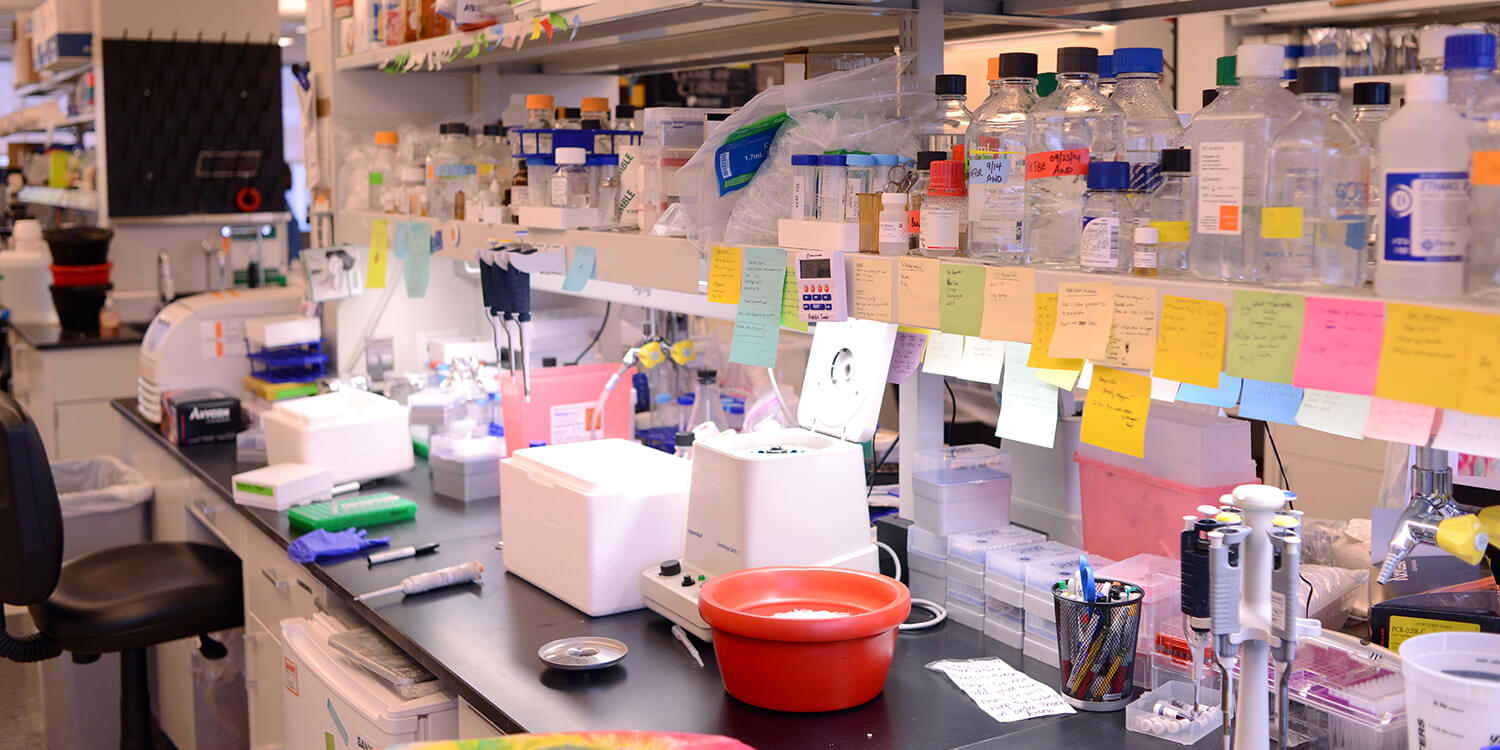Why Testing is Essential for Pet Health and Longevity
Why Testing is Essential for Pet Health and Longevity
Blog Article
Dogs and cats bring joy to our homes, and caring for their needs is a responsibility. Veterinary laboratories are key components in preventing diseases for dogs, cats, and other pets.
Here, we’ll cover why pet diagnostics are vital and outline essential tests.
How Do Veterinary Laboratories Work?
Animal health testing facilities provide health assessments for examining samples. Veterinary professionals use these labs to tailor care to the pet’s needs.

Steps in veterinary testing usually includes:
- Collecting pet health data: Health markers are sent to the lab.
- Advanced diagnostics: Modern technology provide results.
- Analyzing findings: Insights guide care plans for effective health management.
Key Diagnostics for Pet Health
Diagnostic exams are tailored to pet needs to detect illnesses early. Routine diagnostics include:
- Hematology panels: Identify infections.
- Urine testing: Spot urinary tract infections.
- Digestive system evaluations: Identify digestive disorders.
- Allergy testing: Identify irritants.
- Imaging diagnostics: Spot fractures or injuries.
The Benefits of Veterinary Testing
Ongoing evaluations improves pet care. With timely diagnostics, your pets can recover faster.

The advantages include:
- Longer, healthier lives: Chronic issues are managed.
- Saving on future treatments: Small problems are treated before they escalate.
- Knowing your pet is well: Stay ahead of potential issues.
laboratorio para exames de animaislaboratórios farmacêuticos veterinários
The Value of Diagnostics for Pet Owners
Veterinary labs ensure pets get the best care possible. By scheduling routine tests, you give them the care they deserve.
Start their journey to better health today and help them live their best lives!
Report this page